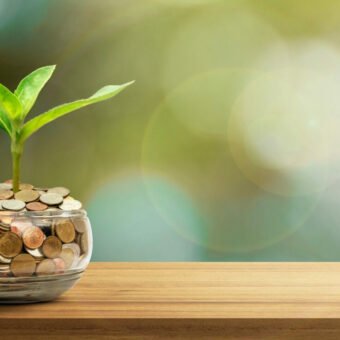Consumers are ambivalent. They want to eat the cake but keep it at the same time, want to drive SUVs and save the planet at the same time. Brand managers also have to deal with this ambivalence, especially when it comes to sustainability. Stephan Grünewald puts forward these and other theses in the Brand eins podcast "Sustainable Brand Stories.
The biopipe was suddenly bursting with power, it had a strong color, an almost erect underlying tension that was released in a crack when you bit into it.
Stephan Grünewald
Why did organic products not work well in the past? Because they didn't embrace this ambivalence. The shriveled organic carrot in its puniness exuded the aura of asceticism, stood not for pleasure but for renunciation. You got less, but you had to pay more.
But then there was a change in meaning. "The organic carrot was suddenly bursting with power, it had a strong color, an almost erective basic tension that was released in a crack when you bit into it," says Grünewald. From then on, the message was that it was healthier and therefore could cost more. "It was as if the biopipes had converted from Protestant to Catholic," Grünewald analyzes. As brand managers, we have to dock onto people's mental state, it has to fit into the consumer's motivational world.
But we still have a fundamental psychological problem with sustainability. Our studies repeatedly show that the desire for sustainability is a conservative longing: the world should remain as we have known it since childhood. It's about conserving, preserving, preserving a world that is associated with security. But we can only preserve the world if we transform it, renounce it, change ourselves. That's what I call the paradox of sustainability.
You can listen to the entire Brand1 podcast with Stephan Grünewald here:
https://open.spotify.com/embed/episode/12oRcveLeMpMPclFlK93DT?utm_source=generator






